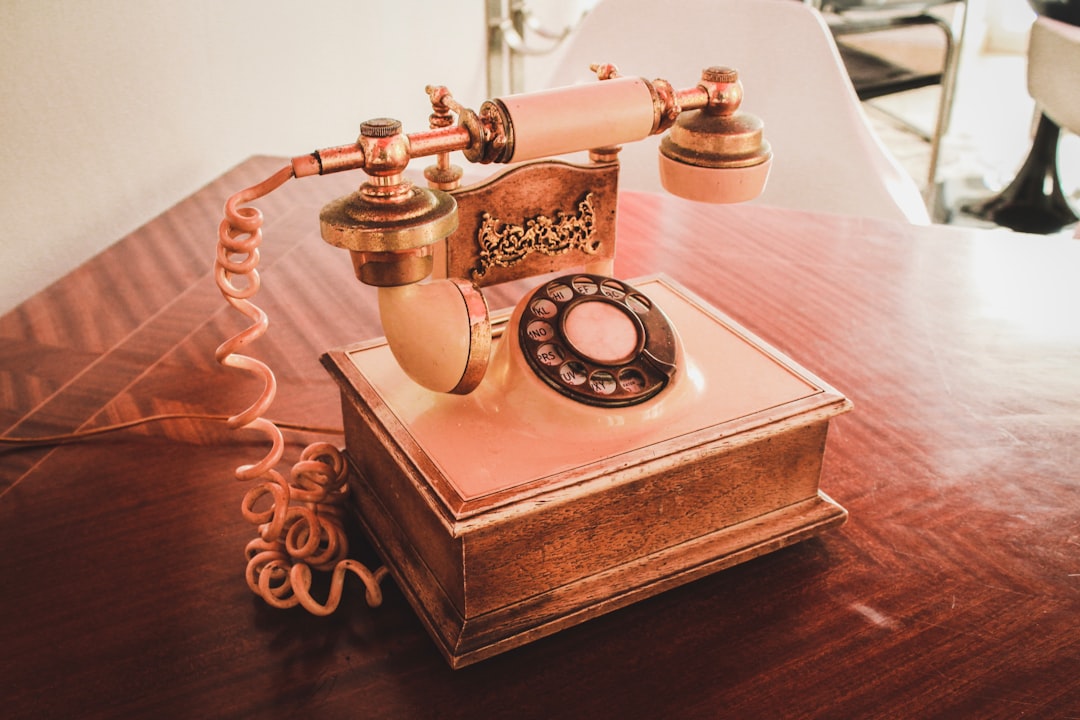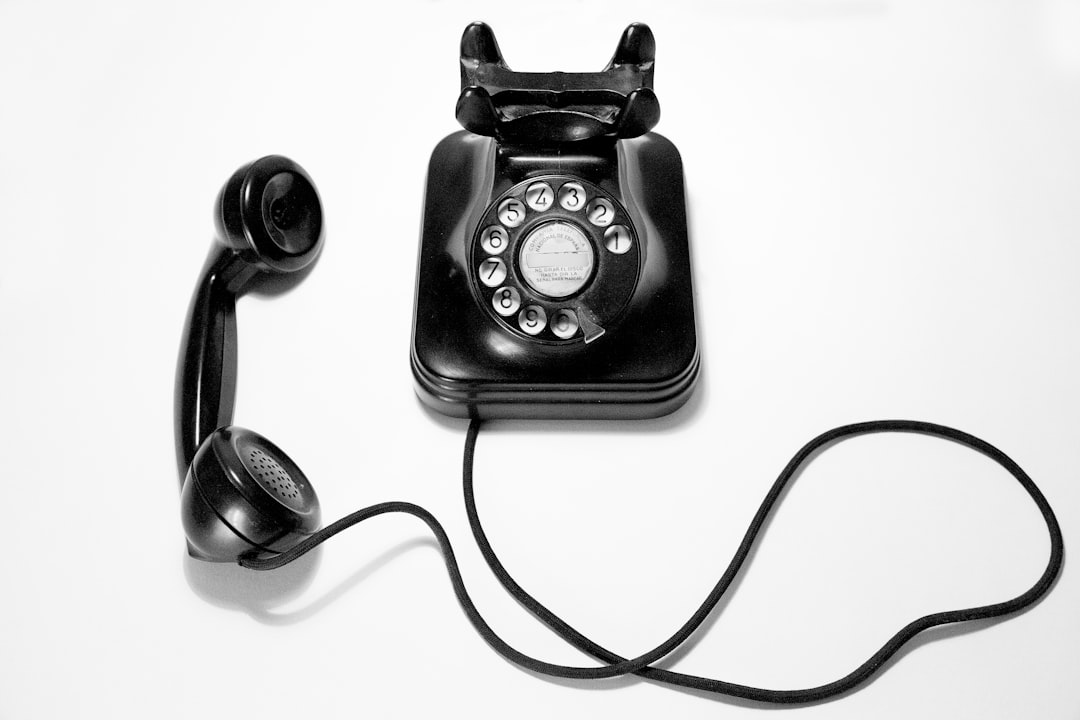In Illinois, "No Call Laws" protect residents from unwanted telemarketing calls by prohibiting automated or prerecorded commercial calls without explicit consent. Consumers can file complaints with the Attorney General's Office if they receive unauthorized sales calls. The investigation process involves reviewing complaints, verifying call records, and confirming consent to ensure compliance with state regulations. Best practices for investigators include detailed documentation, specialized software, knowledge of legal precedents, and regular training to conduct effective inquiries into No Call Law violations in Illinois.
In the state of Illinois, “No Call” laws protect residents from unwanted telemarketing calls. When a complaint arises, a meticulous investigation process is triggered. This article delves into the intricacies of probing “No Call Law” violations in Illinois. We outline the step-by-step procedures, identify common pitfalls, and offer best practices for investigators to ensure fair and effective enforcement. Understanding these regulations is vital for both consumers and businesses to navigate the legal landscape surrounding telemarketing practices in Illinois.
Understanding No Call Laws in Illinois: A Comprehensive Overview

In the state of Illinois, No Call Laws are designed to protect residents from unwanted telephone solicitations and telemarketing calls. These laws give consumers the right to refuse receiving marketing or sales calls at their home or business. The Illinois Attorney General’s Office plays a pivotal role in enforcing these regulations, ensuring that businesses comply with the state’s consumer protection laws.
Under Illinois No Call Laws, companies are prohibited from making automated or prerecorded phone calls for commercial purposes unless they have prior explicit consent from the recipient. This includes calls related to marketing, advertising, promotions, or any other form of solicitation. Consumers can register their numbers on the Do Not Call list, which is a state-managed registry that filters out unwanted calls. By understanding and adhering to these laws, businesses can maintain compliance, avoid legal repercussions, and foster better consumer relationships.
The Steps Involved in Investigating No Call Law Complaints

Investigating No Call Law complaints in Illinois involves a structured process designed to ensure fairness and adherence to legal standards. The initial step is for the consumer to file a complaint, providing details about the unwanted calls received. This information includes phone numbers, call dates, and times, as well as any specific concerns or harm caused by the calls.
Once received, the Illinois Attorney General’s office or an authorized regulatory agency reviews the complaint. They verify the validity of the claim and determine if it falls under the state’s No Call Laws. If the case proceeds, investigators conduct a thorough examination. This includes gathering call records from telemarketers, analyzing patterns, and verifying if consent was obtained for marketing calls in accordance with Illinois law.
Common Challenges and Best Practices for Effective Investigations

Investigating No Call Law complaints in Illinois can be complex due to various challenges. One of the primary difficulties is verifying compliance with the law, as phone records and consumer responses may not always provide clear evidence. Additionally, distinguishing between legitimate sales calls and unwanted telemarketing attempts can be intricate, requiring meticulous review of call details and company policies.
To ensure effective investigations, several best practices should be adopted. These include maintaining detailed documentation of every step in the process, from receipt of the complaint to resolution. Utilizing specialized software for call data analysis can significantly enhance accuracy. Moreover, staying updated with legal precedents and amendments to No Call Laws in Illinois is crucial for conducting thorough and compliant investigations. Regular training sessions for investigators are recommended to keep up with evolving industry standards and consumer expectations.






